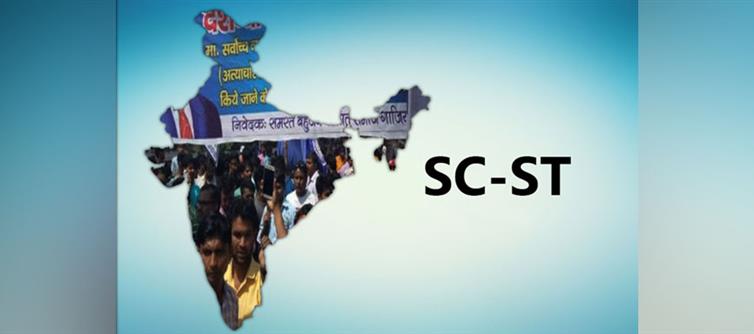
Even in prestigious institutions like IITs and IIMs, reserved seats often go unfilled due to gaps in access, support systems, and historic educational deprivation. The number of SC/ST faculty in these institutions is even more dismal, indicating that reservation alone doesn’t ensure equity—it must be supported by systemic reform and active inclusion.
In political representation, too, the numbers fall short of transformative change. Of 543 Members of Parliament, only 84 are SCs and 47 are STs, just about matching the constitutional minimum required. These representatives rarely hold top ministerial portfolios or leadership roles in national politics.
Despite this, narratives persist that portray SC/ST communities as having "taken over," feeding resentment among other communities. What such narratives ignore is the centuries of structural exclusion SC/ST groups have faced—being denied land, education, and access to governance—and that current representation merely scratches the surface of historical imbalance.
What the future looks like depends on whether india continues to broaden its lens of what true merit means. Diversity in decision-making is not a compromise on merit—it enriches it. A society where opportunities are accessible to all, regardless of caste or background, fosters more innovation, empathy, and inclusivity.
The Constitution was designed not just to correct past wrongs but to lay the groundwork for an equitable future. india has never been as powerful and globally visible as it is today—and much of that progress has come with a slow but meaningful inclusion of marginalized voices. Moving forward, the challenge is not to dismantle reservations but to evolve them—ensuring that empowerment leads to self-sufficiency and that no capable individual, from any background, is left behind.




 click and follow Indiaherald WhatsApp channel
click and follow Indiaherald WhatsApp channel